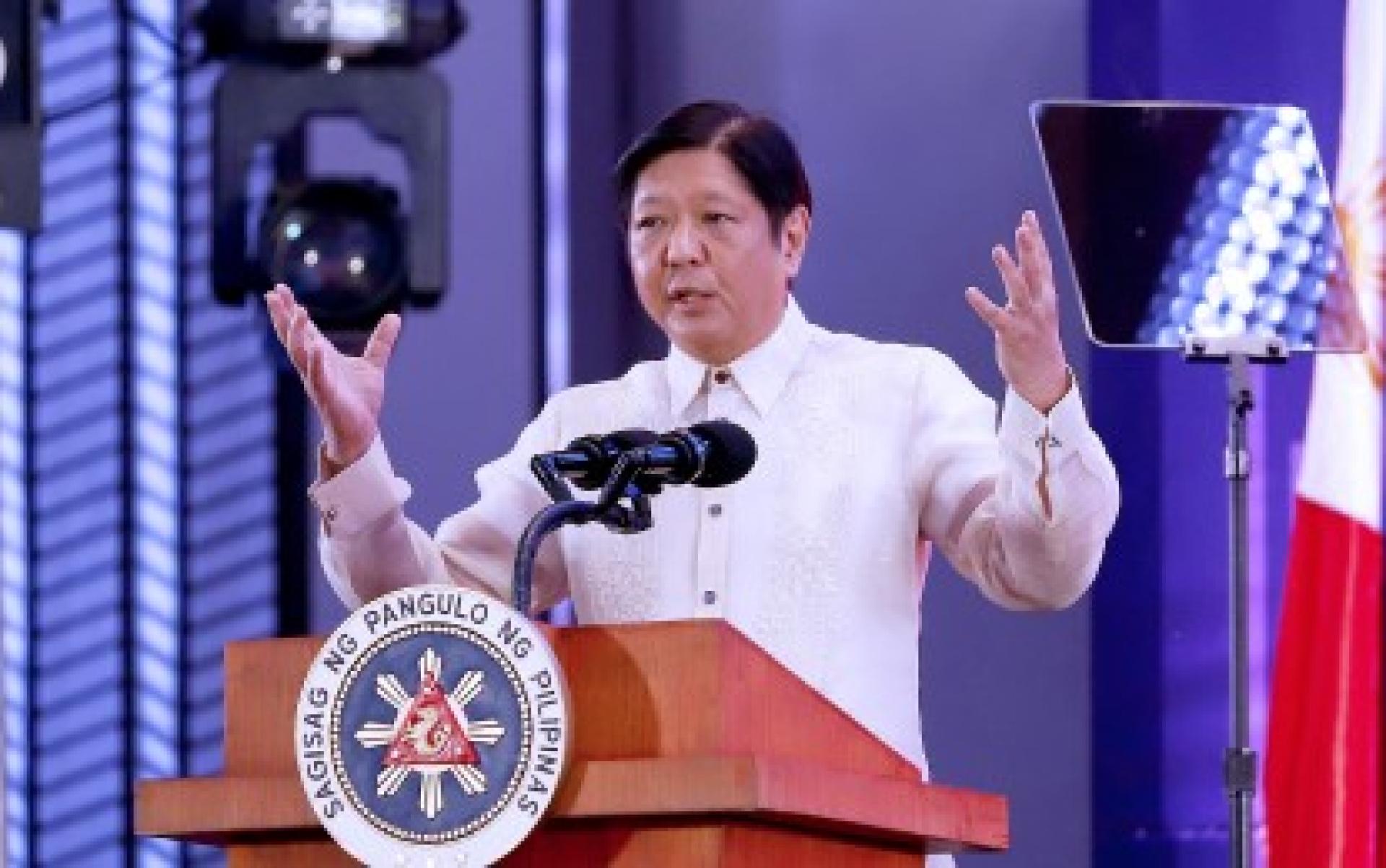(Manila, 8th) – Philippine President Ferdinand Marcos signed Executive Order No. 103 (EO 103), extending the transition period for the full devolution of certain administrative department functions to local government units (LGUs) until 2028.
According to EO 103, signed on November 6, provinces and municipalities will gradually complete the devolution of functions before 2028, while city units are required to fully implement devolved functions and services by 2027. The executive order states: “All LGUs shall implement full devolution in phases during the specified transition period, while continuously enhancing their fiscal and institutional capacities.”
Marcos signed EO 103 to give local governments more time to strengthen their financial, technical, and administrative capabilities, so they can effectively provide devolved services under the Mandanas-Garcia ruling and the 1991 Local Government Code (RA 7160).
EO 103 amends EO 138 issued in 2021, introducing additional policies to ensure the smooth phasing of devolved functions and to prioritize supporting LGUs in poor and underdeveloped areas.
The executive order notes that, due to differences in fiscal, technical, and administrative capacity among LGUs, the functions, services, and facilities devolved from the national government may not be evenly absorbed or implemented across all locations; thus, sufficient time is required to ensure a smooth transition and the effective delivery of services.
The executive order notes that, due to differences in fiscal, technical, and administrative capacity among LGUs, the functions, services, and facilities devolved from the national government may not be evenly absorbed or implemented across all locations; thus, sufficient time is required to ensure a smooth transition and the effective delivery of services.
EO 103 emphasizes that priority assistance should be given to 4th and 5th income class and other poor, disadvantaged, and less developed LGUs, especially those in geographically isolated or high poverty areas.
According to the new policy, LGUs will assume primary responsibility for directly providing services to citizens, ensuring the quality of devolved services under national standards, and strengthening accountability.
The executive order states that the national and local governments should cooperate to localize national development goals and align with the Philippine Development Plan 2023-2028, AmBisyon Natin 2040, the 2030 Sustainable Development Agenda, the government's eight socioeconomic agenda items, and the Medium-Term Fiscal Framework 2022-2028.
To fully assume devolved functions, local governments are required to further enhance their capabilities, optimize local revenue and resource mobilization, and support the objectives of fiscal decentralization.
EO 103 applies to all LGUs except the Bangsamoro Autonomous Region in Muslim Mindanao (BARMM). All relevant national agencies must conduct a strategic review of functions, services, and duties, identify duplications, and formulate a phased transition strategy.
The EO requires that, within 15 days of its effectivity, the relevant agencies must establish a devolution transition committee to oversee implementation and submit a devolution transition plan (DTP) within 90 days. It further states that functions already assumed by local governments should be included in local development plans, investment programs, and annual budgets.
For the provision of public services, LGUs may cooperate with other local governments to achieve economies of scale and improve service quality.
EO 103 takes effect immediately after its publication in the Official Gazette or a newspaper of general circulation.
